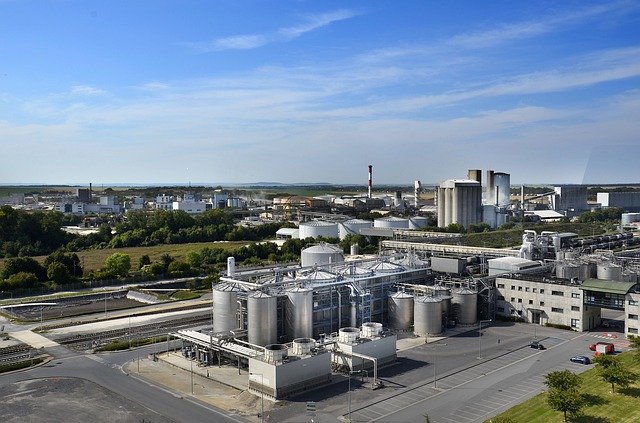
Shell takes FID to build biofuels facilities in the Netherlands
Royal Dutch Shell today announced a final investment decision to build an 820,000-tonnes-a-year biofuels facility at the Shell Energy and Chemicals Park Rotterdam, the Netherlands, formerly known as the Pernis refinery. Once built, the facility will be among the biggest in Europe to produce sustainable aviation fuel (SAF) and renewable diesel made from waste.
A facility of this size could produce enough renewable diesel to avoid 2,800,000 tonnes of carbon dioxide (CO2) emissions a year, the equivalent of taking more than 1 million European cars* off the roads.
The new facility will help the Netherlands and the rest of Europe to meet internationally binding emissions reduction targets. It will also help Shell to meet its own target of becoming a net-zero emissions energy business by 2050, in step with society’s progress towards achieving the climate goals of the Paris Agreement. Advanced production methods will be used to make the fuels. The facility is expected to use technology to capture carbon emissions from the manufacturing process and store them in an empty gas field beneath the North Sea through the Porthos project. A final investment decision for Porthos is expected next year.
A range of certified sustainable vegetable oils, such as rapeseed, will supplement the waste feedstocks until even more sustainable advanced feedstocks are widely available. The facility will not use virgin palm oil as feedstock.
Sustainable aviation fuel (SAF) could make up more than half of the 820,000-tonnes-a-year capacity, with the rest being renewable diesel. Shell can adjust this mix to meet customer demand.
Information Source: Read More–>
Oilandgaspress.com | Energy, Climate, Renewable, Wind, Biomass, Sustainability, Oil Price, LPG, Solar


